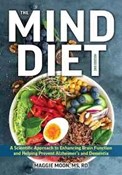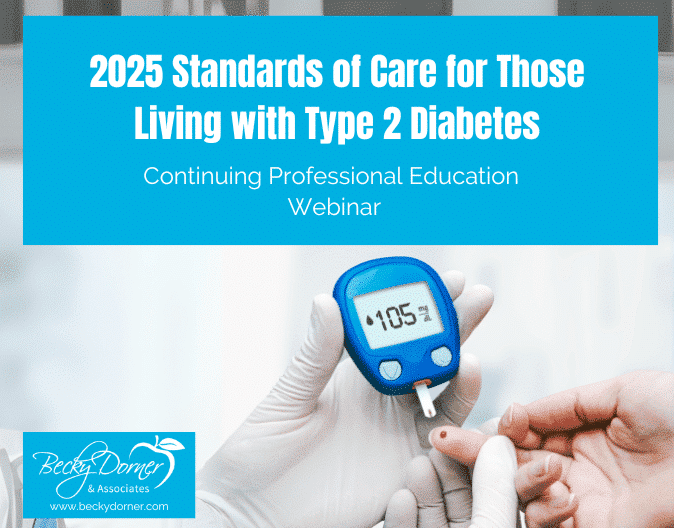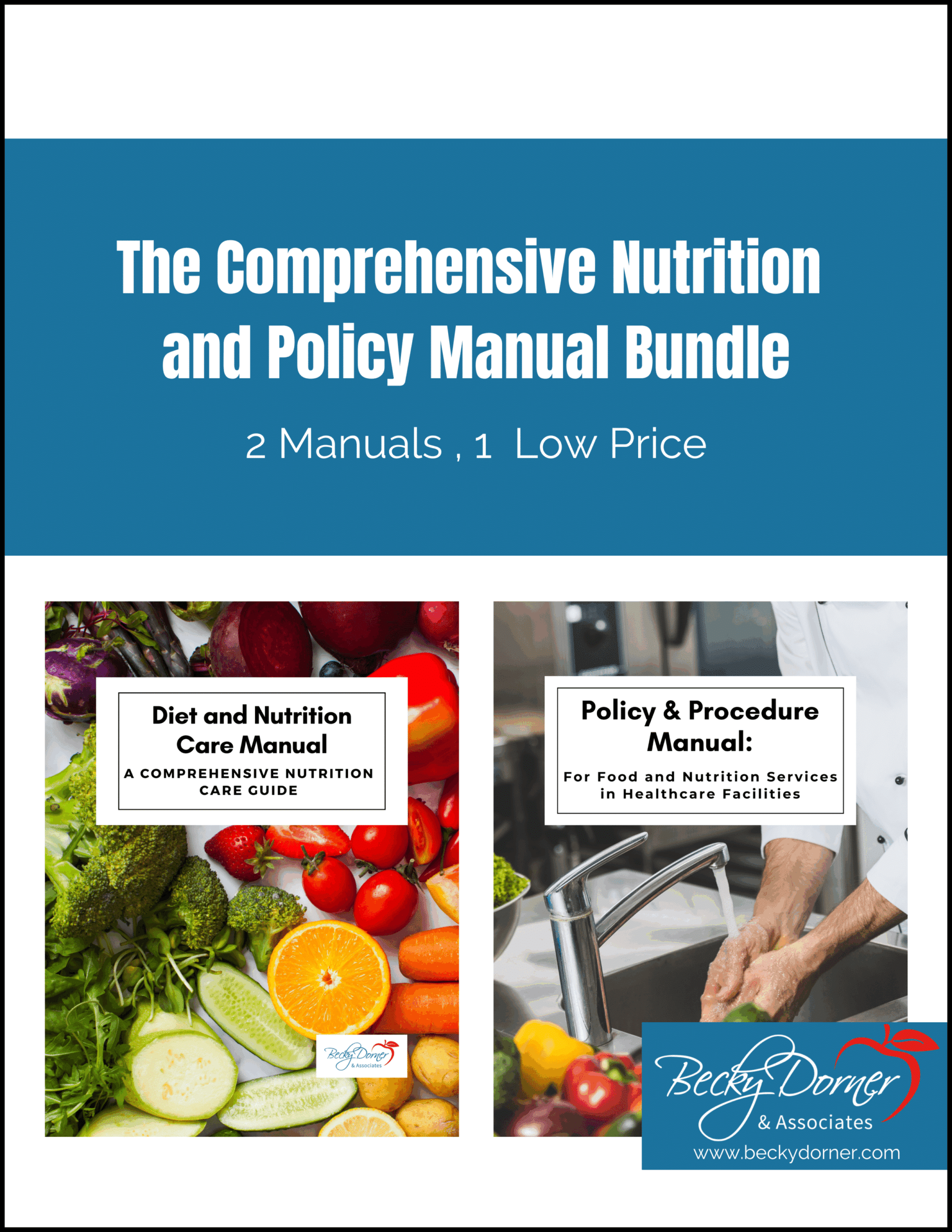
August is National Wellness Month, a time to focus on self-care, managing stress and promoting healthy routines. The articles we compiled below discuss nutrition, exercise and standards of care—all the things that we hope you will share with your colleagues, patients and clients.
“Wellness” at Any Age
Becky Dorner & Associates
This article discusses the key components of wellness, the importance of annual wellness visits for older adults, and the RDN’s role.
Exercise for Older Adults
MedlinePlus
Learn about the importance of exercise for older adults and the four main types of exercise. Access helpful resources and information on setting fitness goals, benefits of physical activity and more.
Cutting About 300 Calories a Day Might Benefit Your Heart, Study Finds
CNN
A new study shows that cutting just 300 calories from your daily diet could significantly benefit your cardiovascular health. This article discusses the findings from the study and the evidence that suggests calorie restriction can protect the heart.
Resources for Healthy Eating
ChooseMyPlate.gov
This is a great place to access resources on nutrition, including toolkits, print materials, seasonal resources, quizzes, infographics and more.
American Diabetes Association® Issues Critical Updates to the 2019 Standards of Medical Care in Diabetes
American Diabetes Association
The American Diabetes Association (ADA) issued important updates to the 2019 Standards of Medical Care in Diabetes (Standards of Care), focused on improving cardiovascular and renal health in people with type 2 diabetes.
Living Standards of Medical Care in Diabetes
American Diabetes Association
As of July 2019, the ADA has issued important updates to the 2019 Standards of Care, focusing on new metrics for continuous glucose monitoring (CGM) utilization and new medication options and recommendations for youth and adults with type 2 diabetes.
Nutrition Therapy for Adults With Diabetes or Prediabetes: A Consensus Report
American Diabetes Association
This report provides evidence-based guidance about individualizing nutrition therapy for adults with diabetes or prediabetes. Strong evidence supports the efficacy and cost-effectiveness of nutrition therapy as a component of quality diabetes care.












